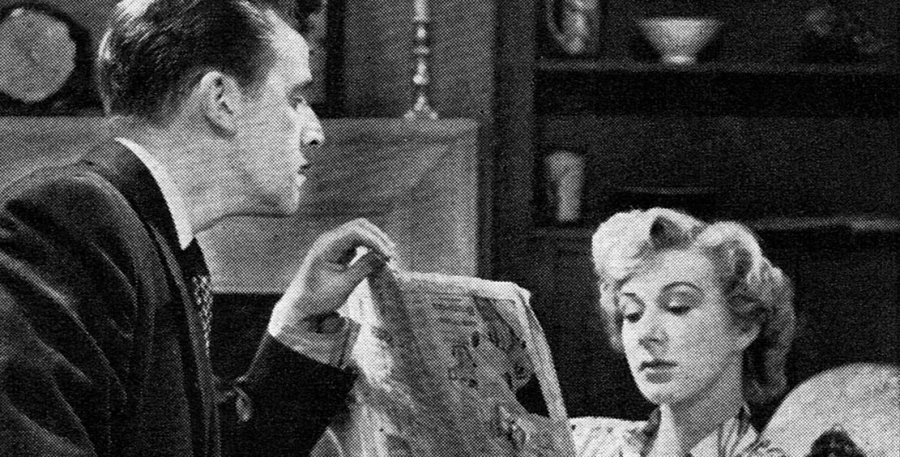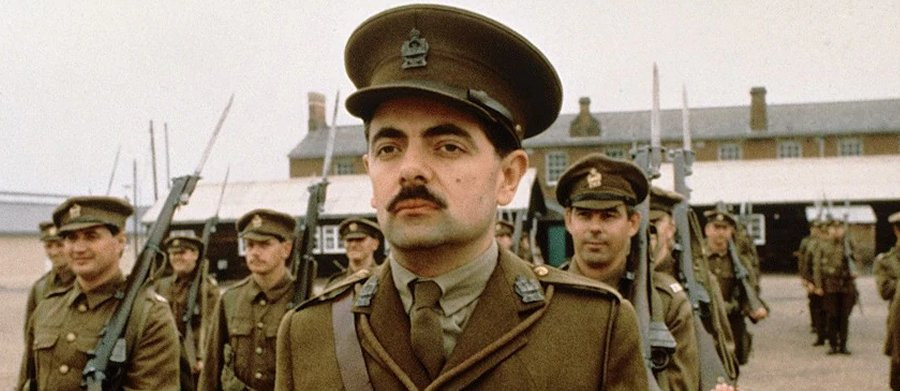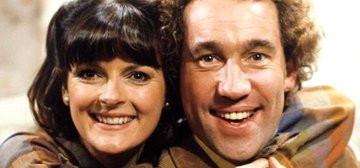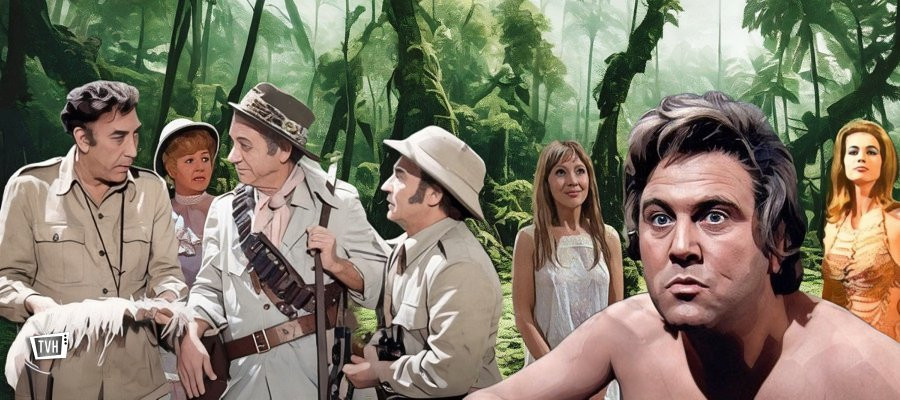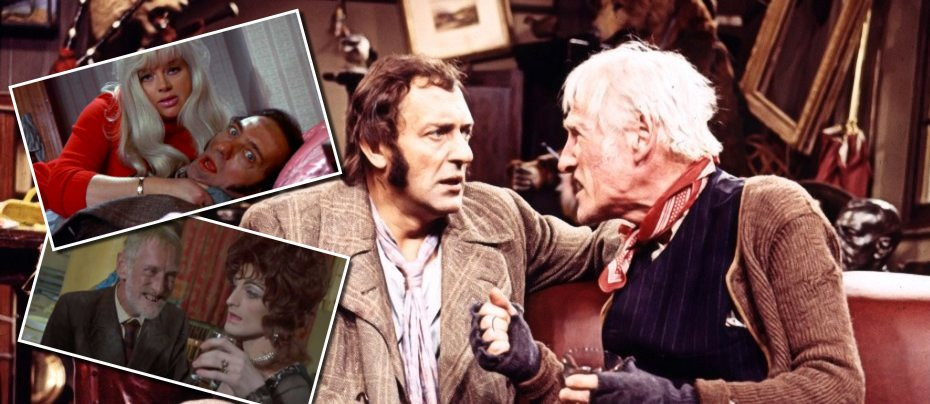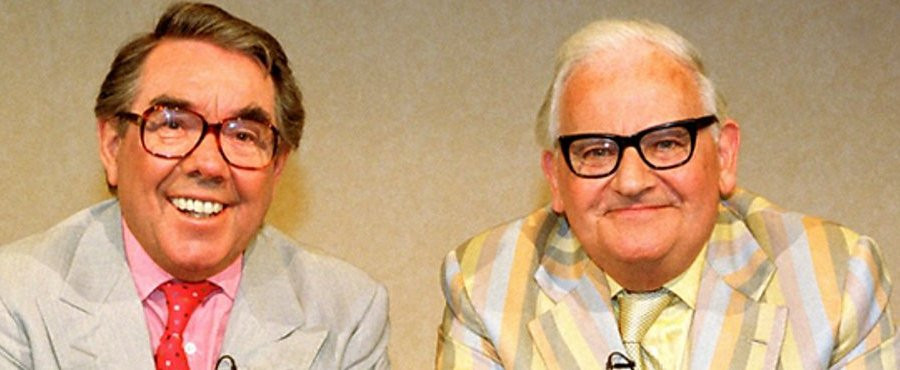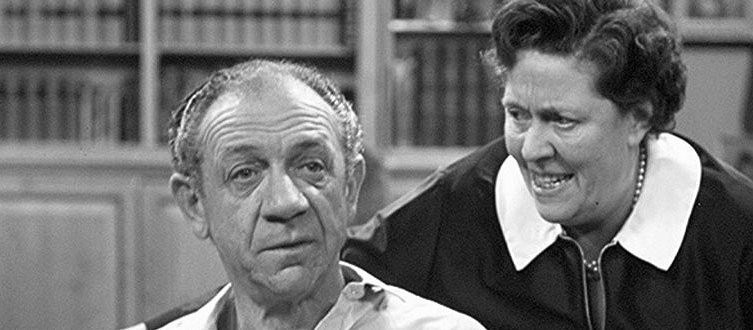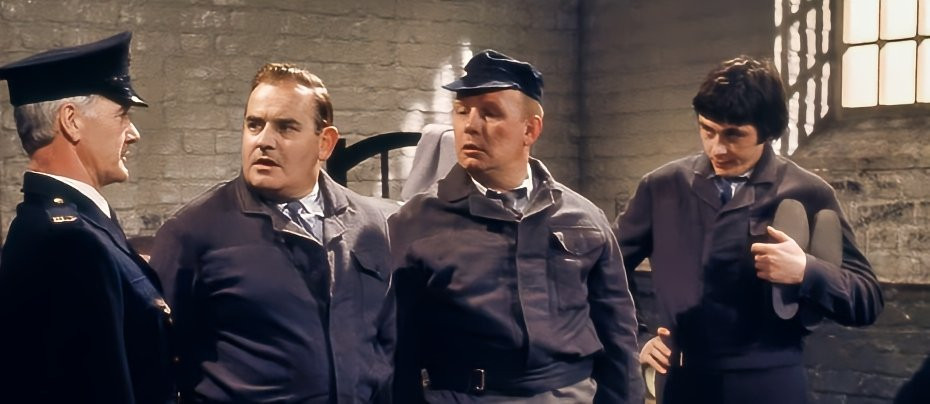
The Great British Sitcom
Sitcoms have always held a special place in the hearts of British television viewers. From their humble beginnings on the radio to the dawn of television and beyond, sitcoms have provided a much-needed escape for people seeking a reprieve from the stress and monotony of everyday life.
With their unique blend of humour, wit, and relatable characters, the situation comedy has become an integral part of the cultural fabric of Britain. From the early days of Hancock to the more recent works of Gervais and Waller-Bridge, British sitcoms have charmed audiences both at home and abroad.

The pioneers of the British sitcom were Galton and Simpson and the show they created for Tony Hancock, Hancock's Half Hour, which aired from 1954 to 1961, introduced the world to the quintessential British loser. Hancock's character, always striving for something better but ultimately failing, resonated with audiences who could see a little bit of themselves in his misadventures. The show cemented Hancock's status as a comedic genius. But like all geniuses, Hancock was flawed, and after cutting himself loose from the writers that helped establish his reputation, his career went downhill. Not so for Galton and Simpson who went on to create the genre-defining series Steptoe and Son.
What set Steptoe and Son apart was its ability to tackle serious issues with humour, laying the groundwork for a medium through which important social, political, and cultural themes could be explored, often through satire. This unique blend of comedy and social commentary allows British sitcoms to entertain and challenge viewers at the same time.
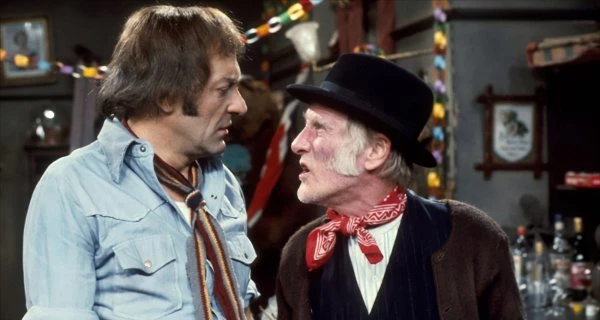
Another iconic figure in the British sitcom landscape is John Cleese, known for his role in Fawlty Towers. This show, which aired from 1975 to 1979, showcased Cleese's unique brand of physical comedy and absurd situations. Set in a fictional hotel, the show revolved around the misadventures of Basil Fawlty, a perpetually frustrated hotel owner. Cleese's perfect timing and impeccable delivery made Fawlty Towers one of the most beloved British sitcoms of all time.
British sitcoms have always stood out for their ability to capture the essence of everyday life, often with a touch of irony and self-deprecation. Whether it's the witty banter of Only Fools and Horses, the slapstick humour of Mr. Bean, or the social commentary of Till Death Us Do Part, these shows have become part of the national identity. They reflect the peculiarities of British life and have a universal appeal that has transcended borders.
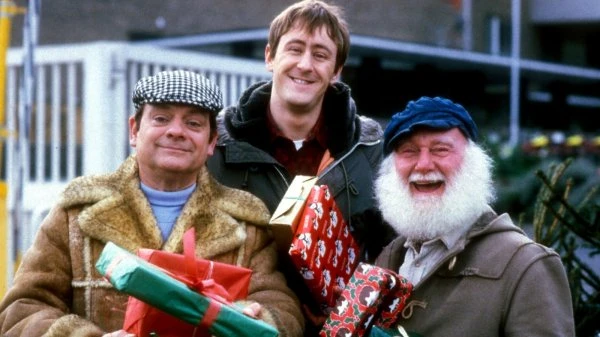
In recent years, Ricky Gervais has made a name for himself with sitcoms like The Office and Afterlife. The Office, which aired from 2001 to 2003, depicted the everyday lives of office workers in a mockumentary style. Gervais' portrayal of the cringe-worthy boss, David Brent, struck a chord with audiences, who found the character simultaneously hilarious and pitiful. In Afterlife (2019) Gervais is a local newspaper reporter who is trying to come to terms with his wife’s death. But in doing so he casts aside his nice-guy image and adopts a gruff persona in an effort to push away those trying to help. Gervais' sharp writing and willingness to explore uncomfortable situations made both shows critically acclaimed and immensely popular. Fleabag, written by and starring Phoebe Waller-Bridge, is an exquisitely written, hilariously funny and surprisingly profound series about a young woman who is trying to cope with life whilst also coming to terms with a recent tragedy.

British sitcoms have also brought into our homes some of the finest talents in entertainment. From the many characters of Ronnie Barker and David Jason to the dependable likes of Sid James and Rowan Atkinson there has never been a lack of much-loved comedic talent on our screens. British sitcoms have become an integral part of the cultural landscape, reflecting the idiosyncrasies of British life while also offering a commentary on the world we live in. As long as there are stories to tell and laughs to be had, the tradition of the great British sitcom will continue to thrive.
Published on November 22nd, 2023. Written by Malcolm Alexander for Television Heaven.


